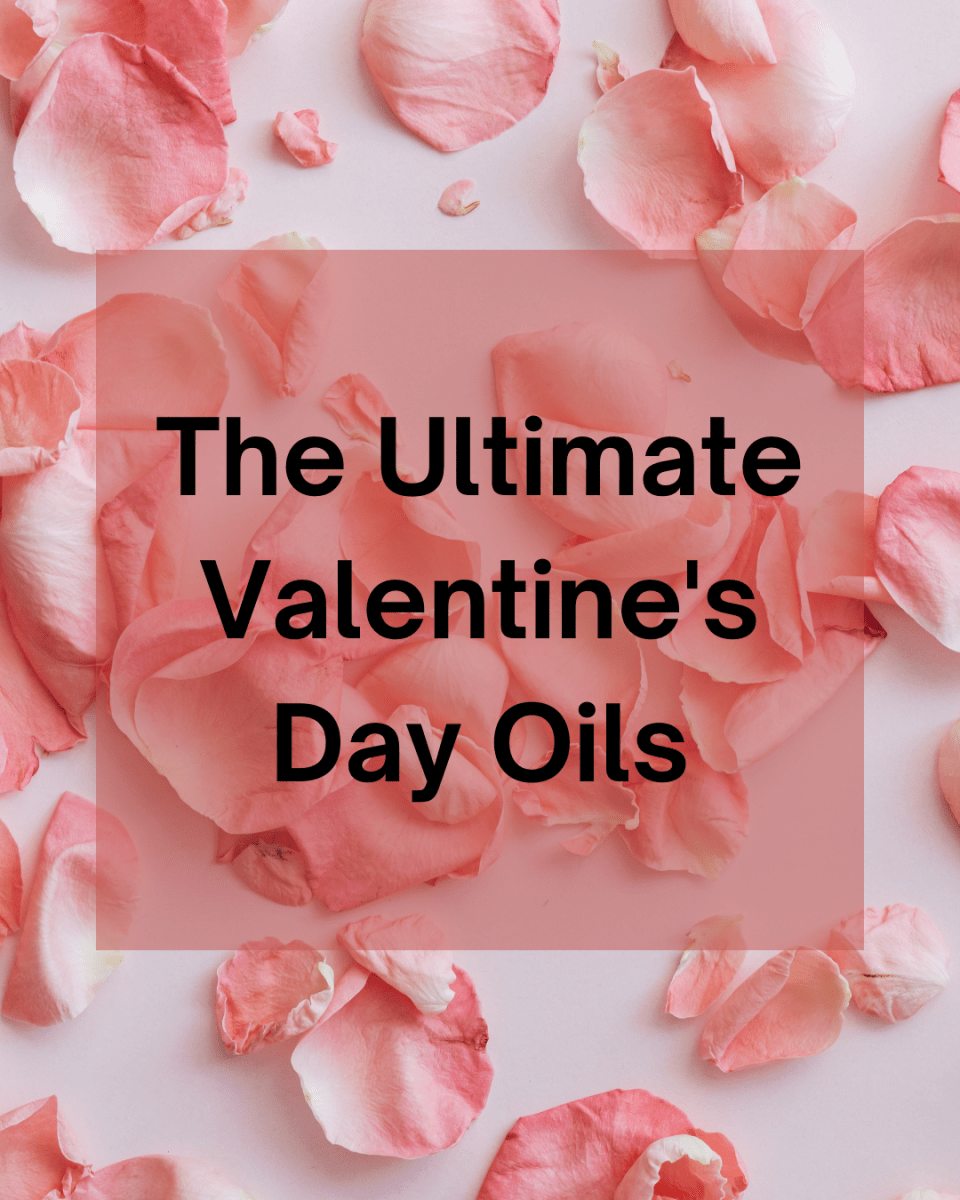Acne is one of the most common skincare concerns, affecting people of all ages. While it may seem counterintuitive to use oils on acne-prone skin, the truth is that certain skincare oils can actually help soothe, heal, and reduce breakouts. The right oils contain anti-inflammatory, antibacterial, and non-comedogenic properties that work wonders for acne-prone skin. In this blog post, we’ll dive deep into the best oils for acne, how to use them, and why they are an excellent addition to your skincare routine.

Why Oils Can Be Effective for Acne-Prone Skin
Acne is often caused by a combination of excess sebum (oil production), clogged pores, bacteria, and inflammation. While some oils can clog pores and worsen acne, others can regulate sebum production, reduce inflammation, and even fight acne-causing bacteria - so you better be careful with what oils you're putting on your skin!
Oils for acne are typically lightweight, non-comedogenic (won’t clog pores), and packed with acne-fighting properties. These oils work by creating a balance in the skin—hydrating it without overwhelming it with heavy formulations. Here’s a closer look at the top oils for acne-prone skin and how they can help.
Top Oils for Acne
-
- Why It Works: Tea tree oil is well-known for its antibacterial and anti-inflammatory properties. It targets acne-causing bacteria, reduces redness, and promotes skin healing.
- How to Use: Always dilute tea tree oil with a carrier oil like jojoba or almond oil before applying it to your skin. Apply a small amount directly to blemishes or mix it into your moisturizer.
-
- Why It Works: Jojoba oil closely mimics the skin’s natural sebum, which helps regulate oil production. It’s non-comedogenic and ideal for acne-prone skin.
- How to Use: Use jojoba oil as a moisturizer or as a base for essential oils like tea tree or lavender. Apply it directly to clean skin to hydrate without clogging pores.
-
- Why It Works: Packed with antioxidants, vitamin A, and essential fatty acids, rosehip oil helps heal acne scars, brighten skin, and reduce inflammation.
- How to Use: Apply a few drops of rosehip oil to your skin after cleansing and toning, focusing on areas prone to breakouts or scarring.
-
- Why It Works: Argan oil is rich in vitamin E and essential fatty acids, which help regulate oil production, heal acne scars, and prevent breakouts.
- How to Use: Apply argan oil to clean skin or mix it with your daily moisturizer for lightweight hydration.
-
- Why It Works: Tamanu oil is a powerhouse for acne-prone skin, offering antibacterial, anti-inflammatory, and scar-healing benefits.
- How to Use: Apply a few drops of tamanu oil to active breakouts or use it to fade post-acne scars.
How to Use Oils for Acne
Patch Test First: Always patch test a new oil on a small area of skin to check for any allergic reactions or sensitivity.
Cleanse Your Skin: Start with a clean face before applying oils to ensure you’re not trapping dirt or bacteria in your pores.
Use as a Spot Treatment: For more concentrated treatment, apply the oil directly to blemishes using a clean cotton swab.
Mix with Moisturizer: Add a drop or two of your chosen oil to your daily moisturizer for lightweight hydration.
Overnight Treatment: Some oils, like rosehip or tamanu, can be used as overnight treatments to target scars and calm inflammation while you sleep.
FAQs About Oils for Acne
Q: Can I use oils if I have oily skin?
A: Yes! Non-comedogenic oils like jojoba and argan oil are perfect for oily skin. They help balance your skin’s natural oil production without clogging pores.
Q: Are oils safe for sensitive skin?
A: Most oils are safe for sensitive skin, but it’s essential to patch test first. Oils like rosehip and marula are especially soothing for sensitive skin types.
Q: How often should I use oils for acne?
A: Start by using oils 2–3 times a week and adjust based on how your skin responds. Some oils, like jojoba or argan, can be used daily as moisturizers.
Q: Can oils completely replace my moisturizer?
A: It depends on your skin type. While some people find oils hydrating enough to replace their moisturizer, others prefer to layer them over their moisturizer to lock in hydration.
Q: Do oils clog pores?
A: Not all oils clog pores. Non-comedogenic oils like jojoba, argan, and rosehip oil are excellent for acne-prone skin and won’t cause breakouts.
Incorporating the right oils into your skincare routine can transform acne-prone skin. With their healing, hydrating, and soothing properties, these oils are nature’s solution to achieving a clear, glowing complexion. Whether you’re dealing with active breakouts or post-acne scars, the oils mentioned above offer something for every step of your acne-fighting journey.
Browse The Skin Science Company for oils that help with acne.



